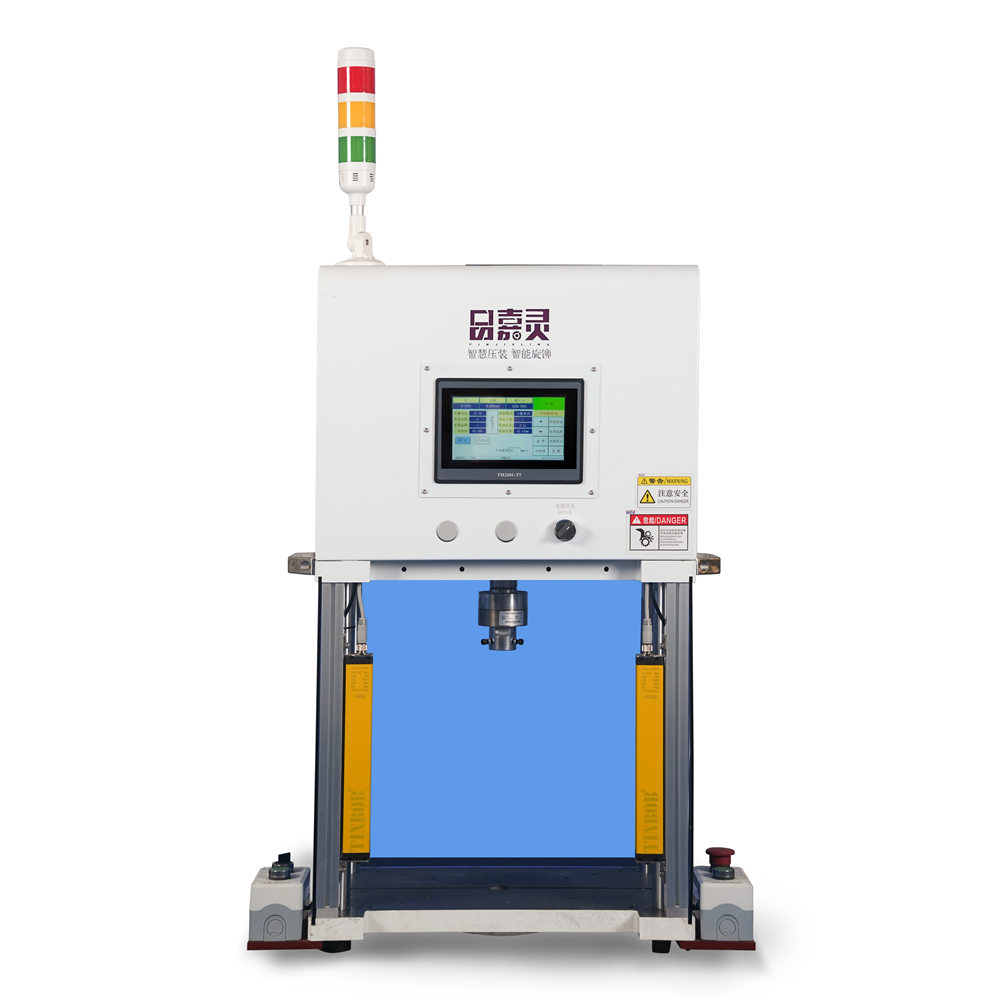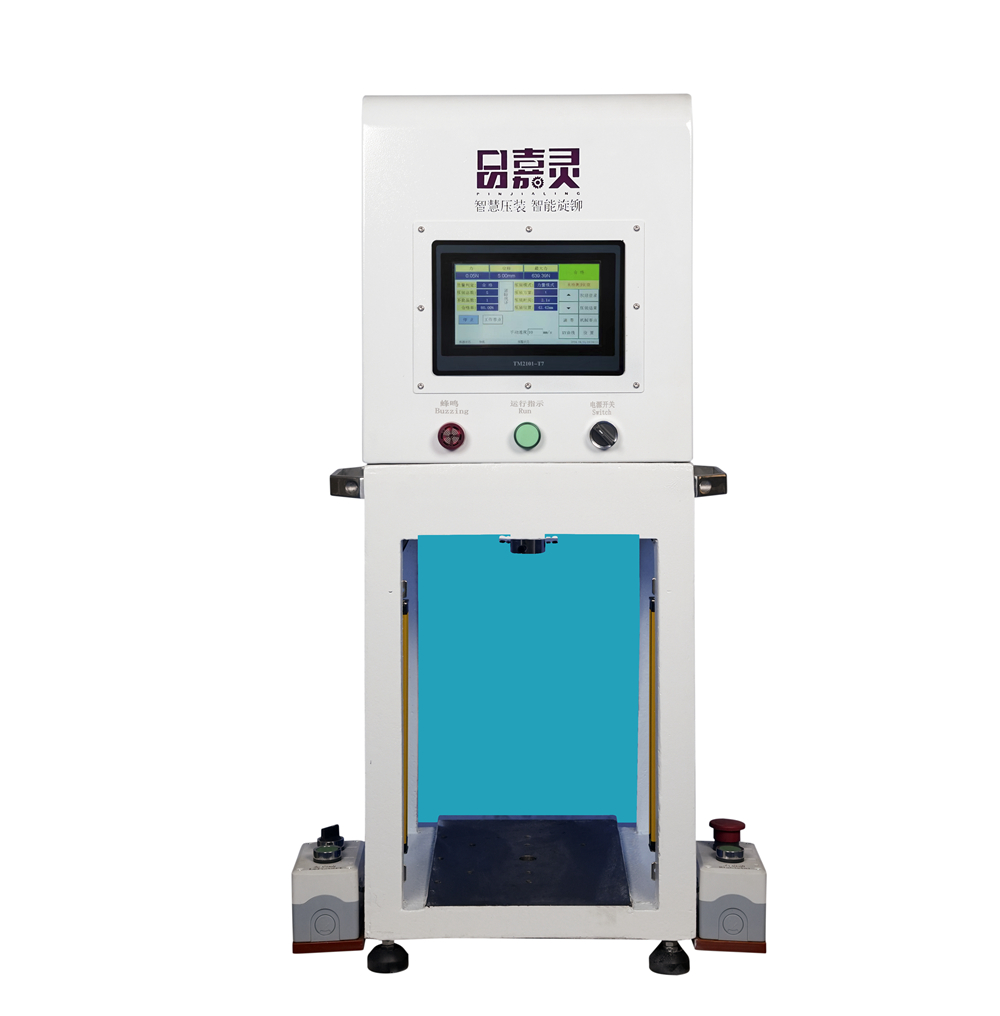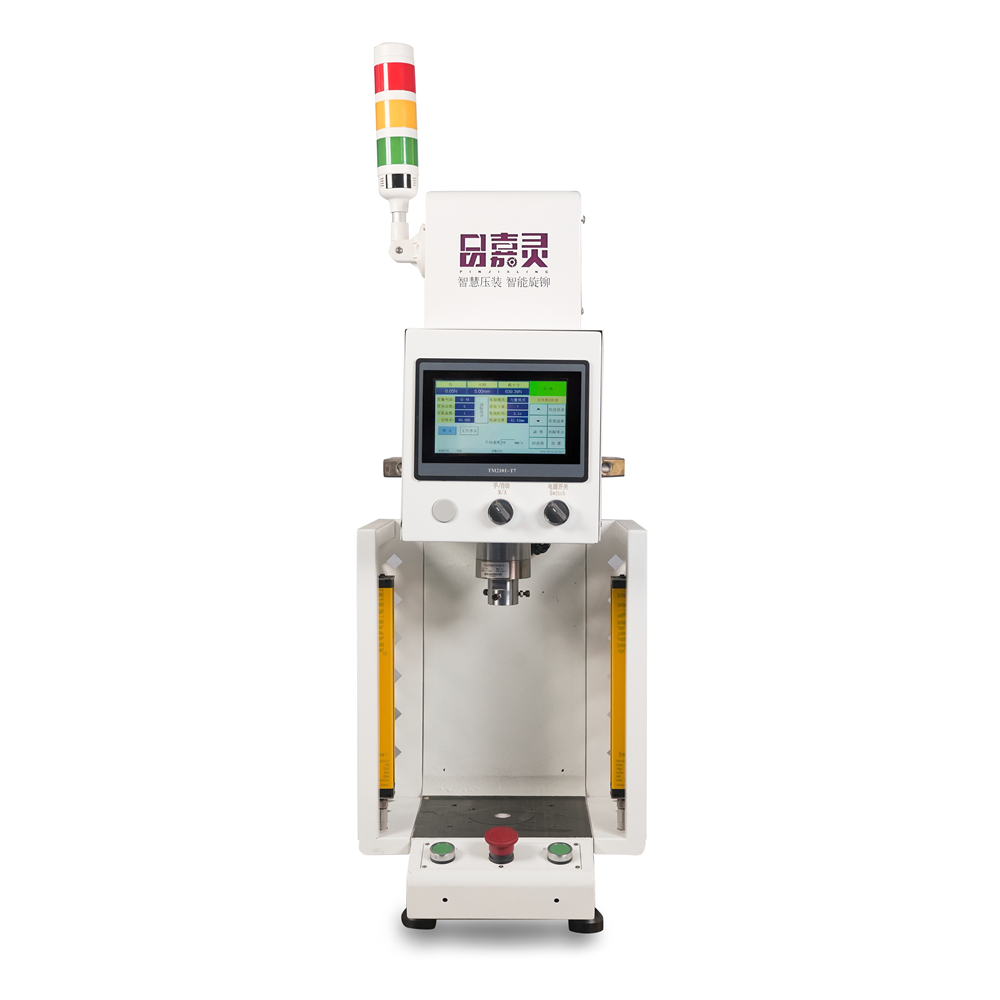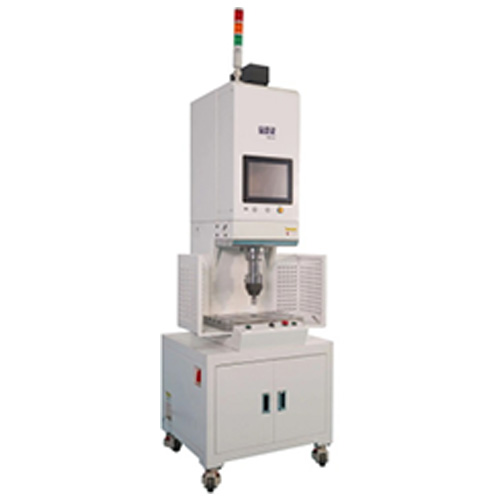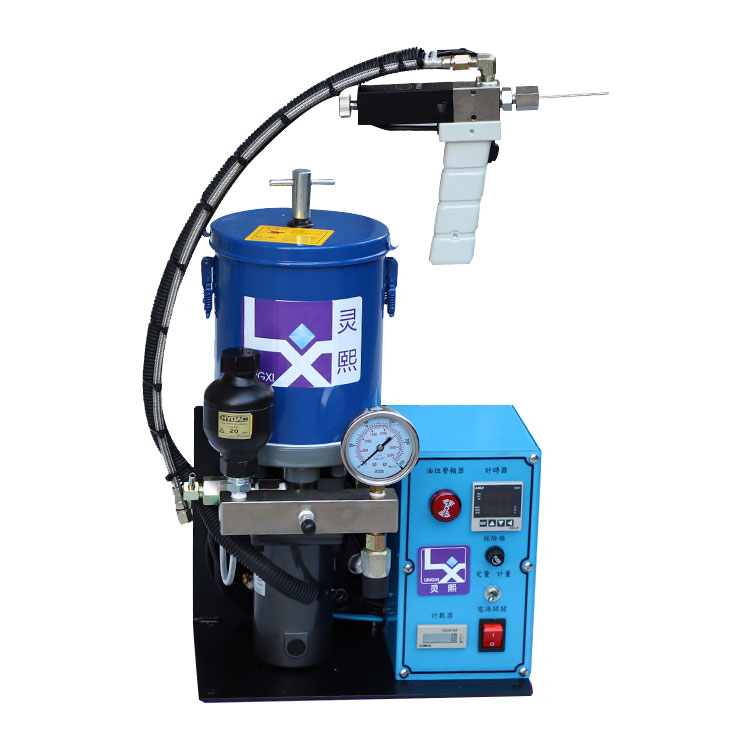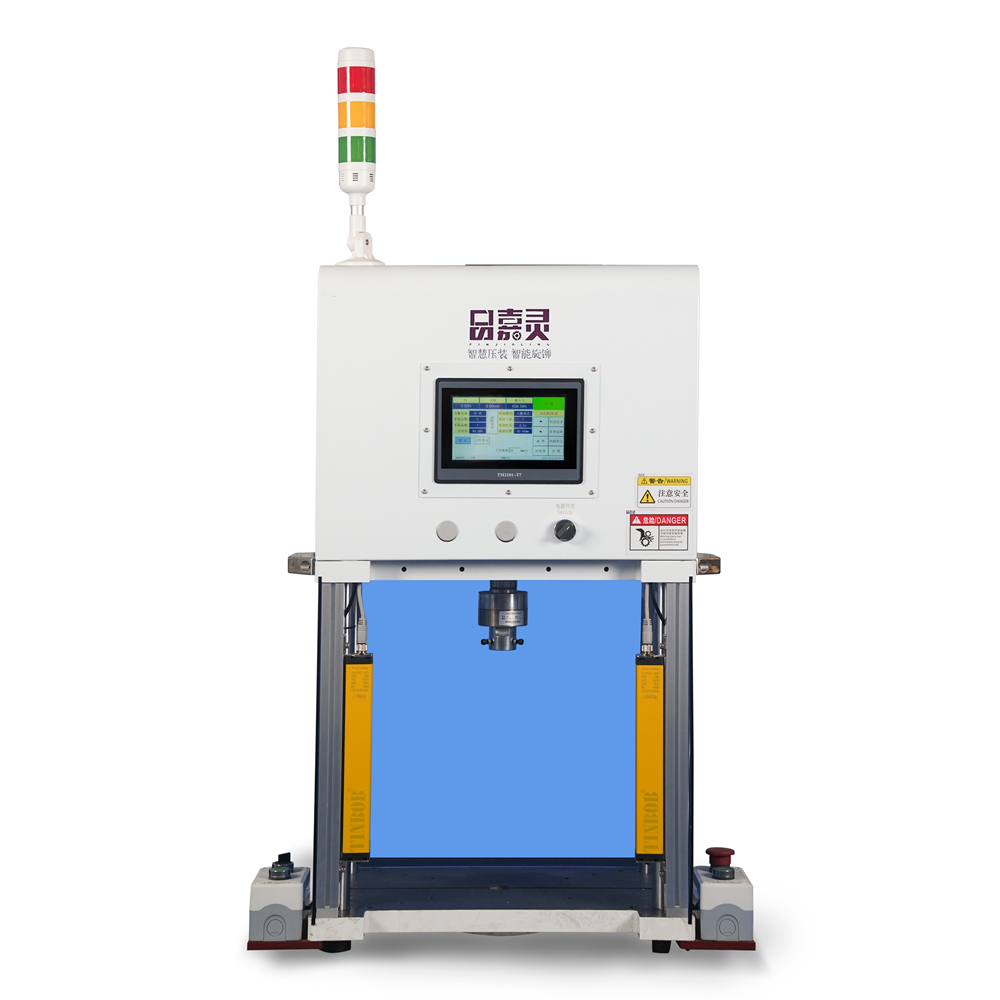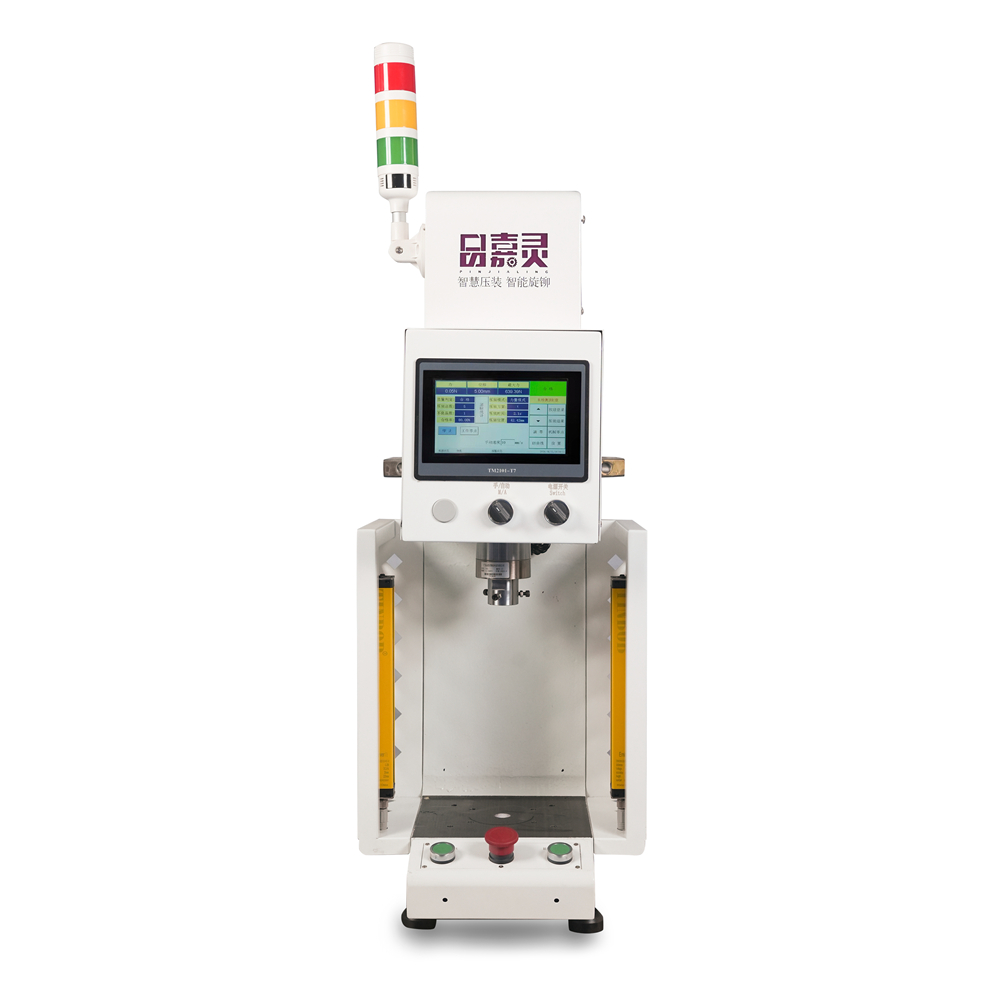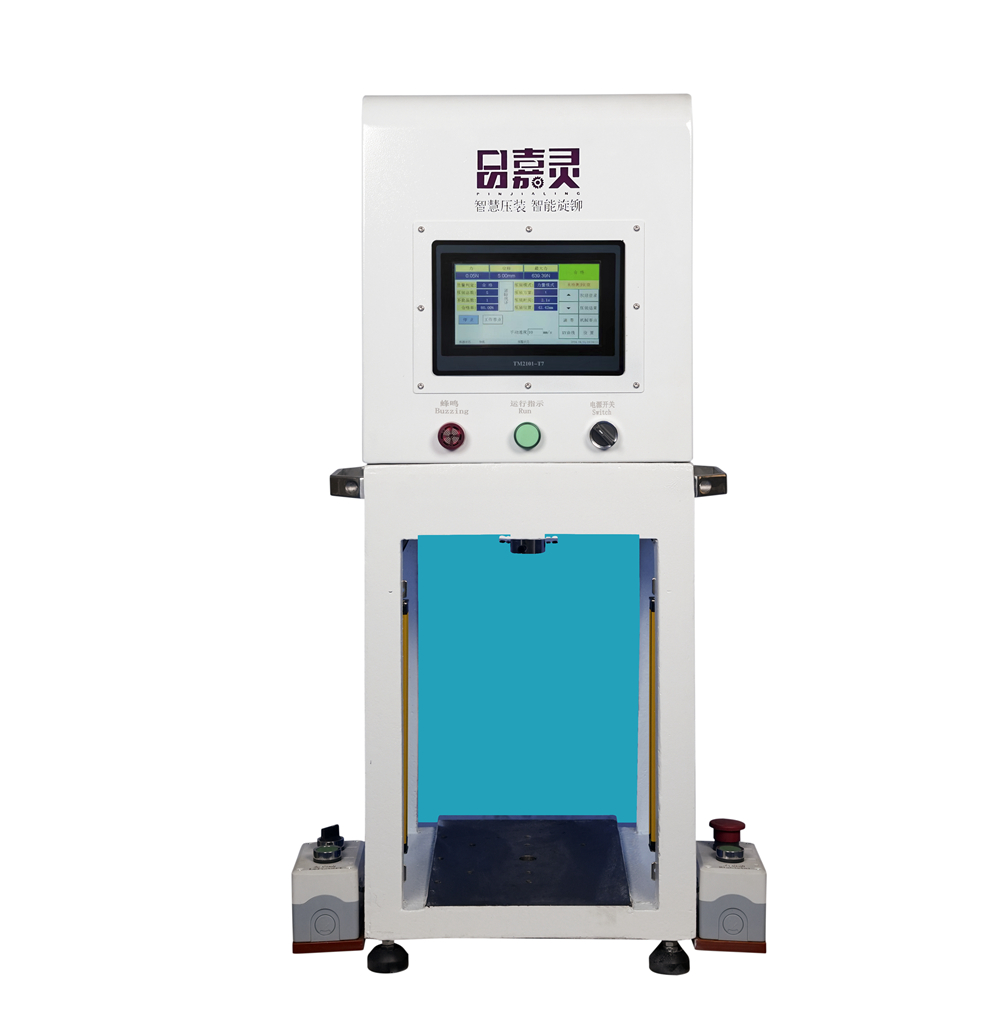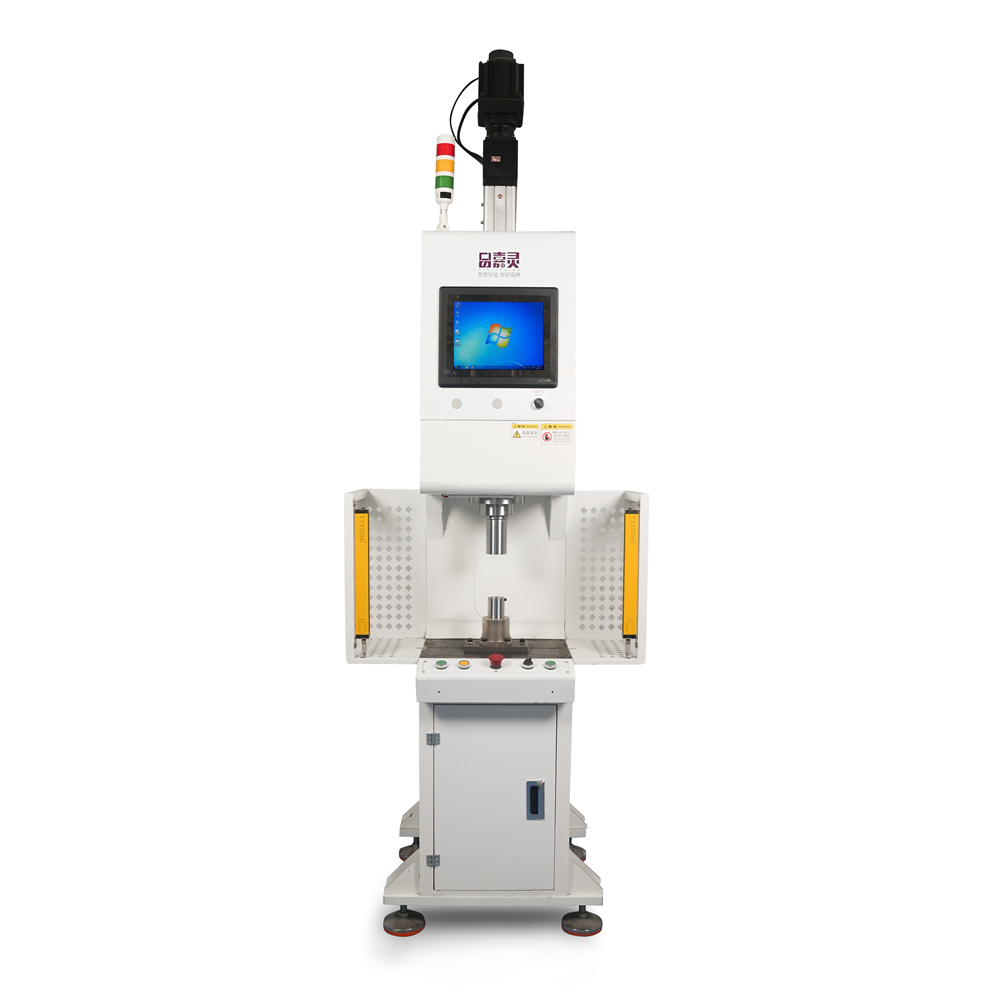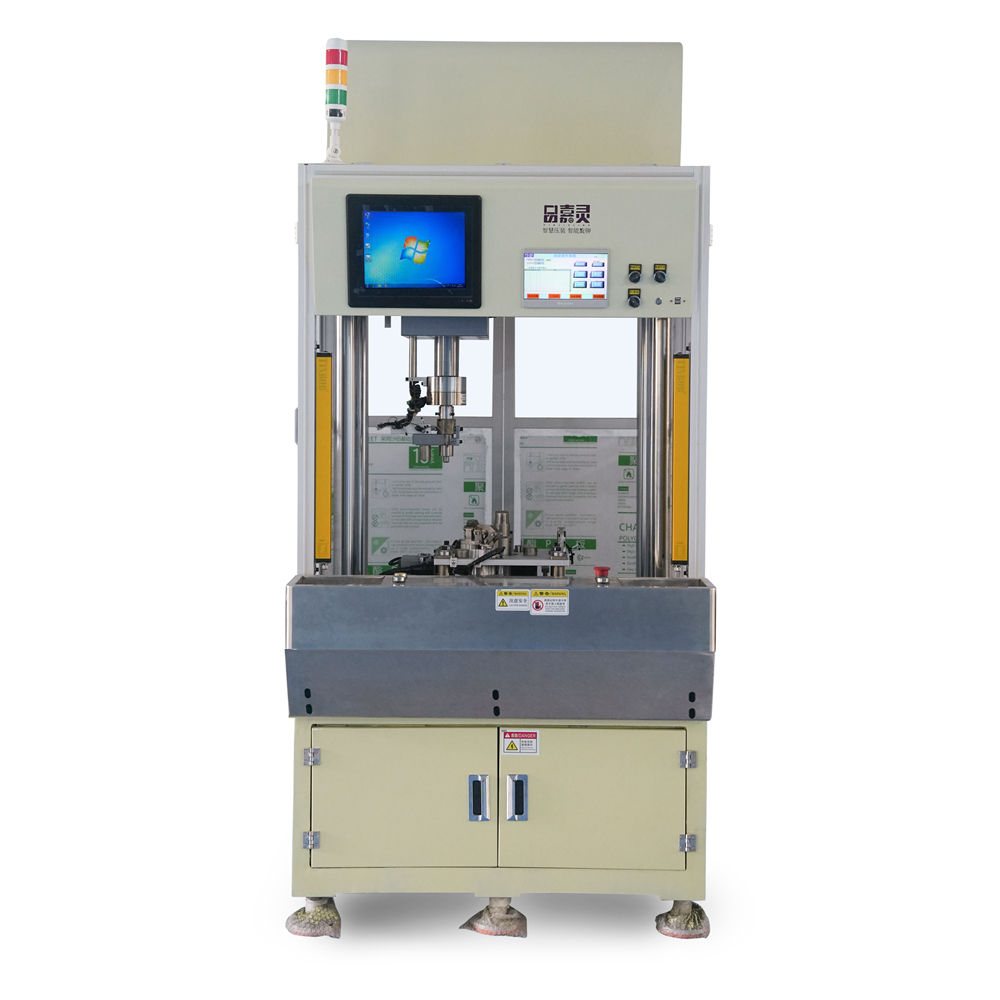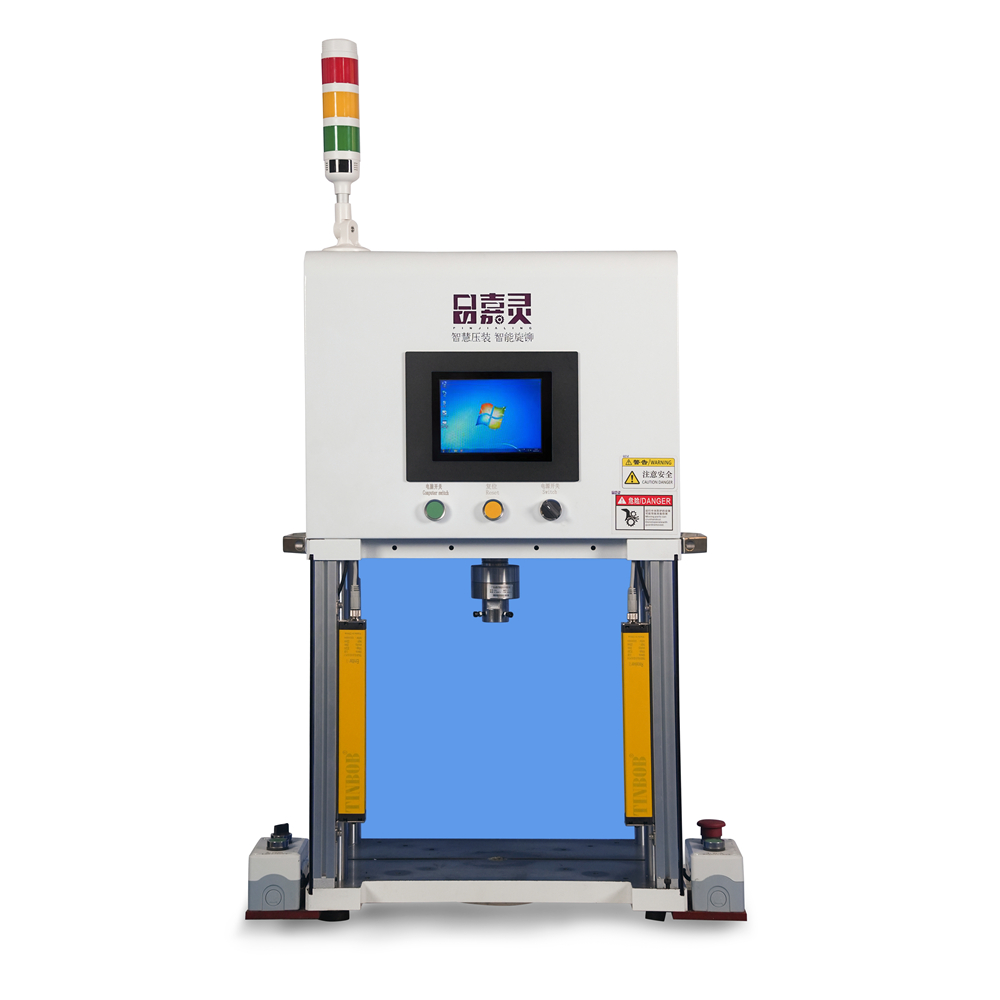Quantitative Valve: Unveiling the Power of Servo Technology
Valves are an essential component in various industries, controlling the flow of fluids or gases in a system. Traditionally, valves have been operated manually or through pneumatic or hydraulic systems. However, with the advancements in technology, servo-driven valves are now emerging as a game-changer in the industry. This article explores the concept of quantitative valves and highlights the power of servo technology in revolutionizing the valve control systems.
A quantitative valve, also known as a servo valve, utilizes servo technology to precisely control the flow rate of fluids or gases. Unlike traditional valves, which operate in an on-off manner, servo valves offer continuous control over the flow rate. This ability to regulate the flow in real-time makes them highly accurate and efficient, resulting in improved productivity and reduced waste.
The key element of servo technology lies in its control mechanism. Servo valves are equipped with a feedback loop that continuously monitors and adjusts the position of the valve spool. This feedback loop ensures that the valve maintains a desired position, irrespective of the external factors such as pressure or temperature variations. As a result, servo valves can respond quickly to changes in the system, offering precise control over the flow rate.
The advantages of quantitative valves powered by servo technology are numerous. Firstly, their ability to provide continuous control allows for greater flexibility in adapting to varying process conditions. Whether it’s a sudden increase in demand or a need to reduce flow during maintenance, servo valves can quickly and accurately adjust the flow rate, ensuring optimal performance.
Secondly, servo valves offer unparalleled accuracy. The precise control they provide eliminates errors associated with manual or pneumatic control systems. This accuracy is particularly crucial in industries where even the slightest deviation in flow rates can have significant consequences, such as pharmaceutical manufacturing or chemical processing.
Thirdly, servo valves enhance energy efficiency. By maintaining the desired flow rate without unnecessary fluctuations or excess flow, these valves help conserve energy and minimize wastage. This energy-saving aspect not only benefits the environment but also contributes to cost savings for industries in the long run.

Moreover, servo valves improve system reliability and reduce maintenance requirements. With their quick response time and precise control, servo valves minimize wear and tear on the equipment, leading to longer service life. Additionally, their self-monitoring capabilities enable early detection of any deviations or malfunctions, allowing for timely maintenance and preventing costly downtime.
The emergence of quantitative valves powered by servo technology has revolutionized the valve control systems. These valves offer continuous and precise control over flow rates, resulting in improved productivity, energy efficiency, and reliability. As industries strive for greater accuracy and efficiency, servo-driven valves are playing a crucial role in meeting these demands. With their ability to adapt to changing conditions and deliver accurate control, quantitative valves are indeed unveiling the power of servo technology in the world of valves.
- Desktop four-column servo press: an efficient and precise industrial tool
- In modern industrial manufacturing, with the continuous improvement of product quality and production efficiency requirements,...
- Precise control of servo printing machines, the secret to improving printing quality and production efficiency
- Servo printers can significantly improve printing quality and production efficiency through precise control. Here are...
- Servo printer: intelligent equipment leading the new era of efficient printing
- With the rapid development of science and technology, the printing industry has also ushered in...
- Multifunctional Servo Riveting Machine: How to achieve efficient and accurate riveting process?
- In modern manufacturing, multifunctional servo riveting machine has become an indispensable equipment in many industrial...
- Motorcycle Engine Bracket Servo Press: The Power of Precision Manufacturing
- In the motorcycle manufacturing and assembly process, the engine mount is a key component that...
- Electric Lubricator: a powerful assistant in the field of lubrication
- Electric grease machine, a powerful assistant in the field of modern industrial lubrication, plays an...


